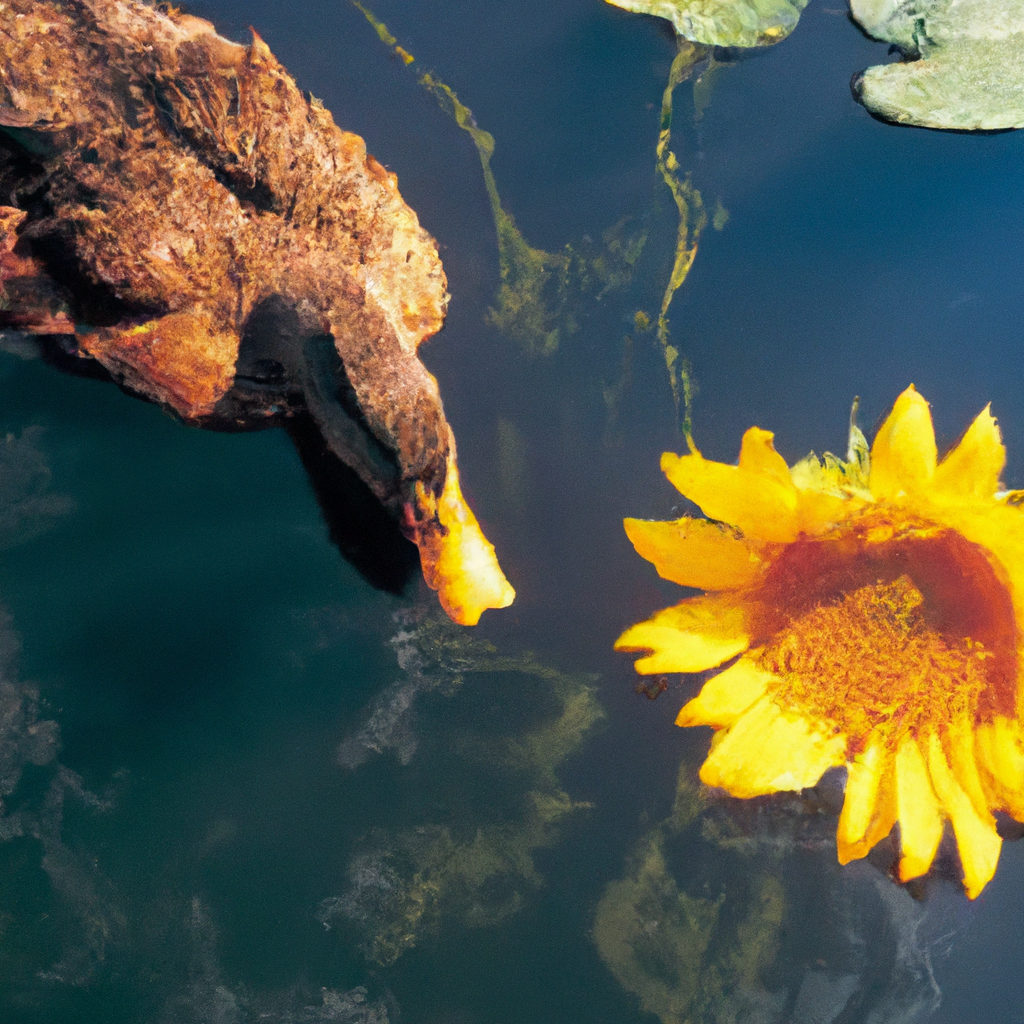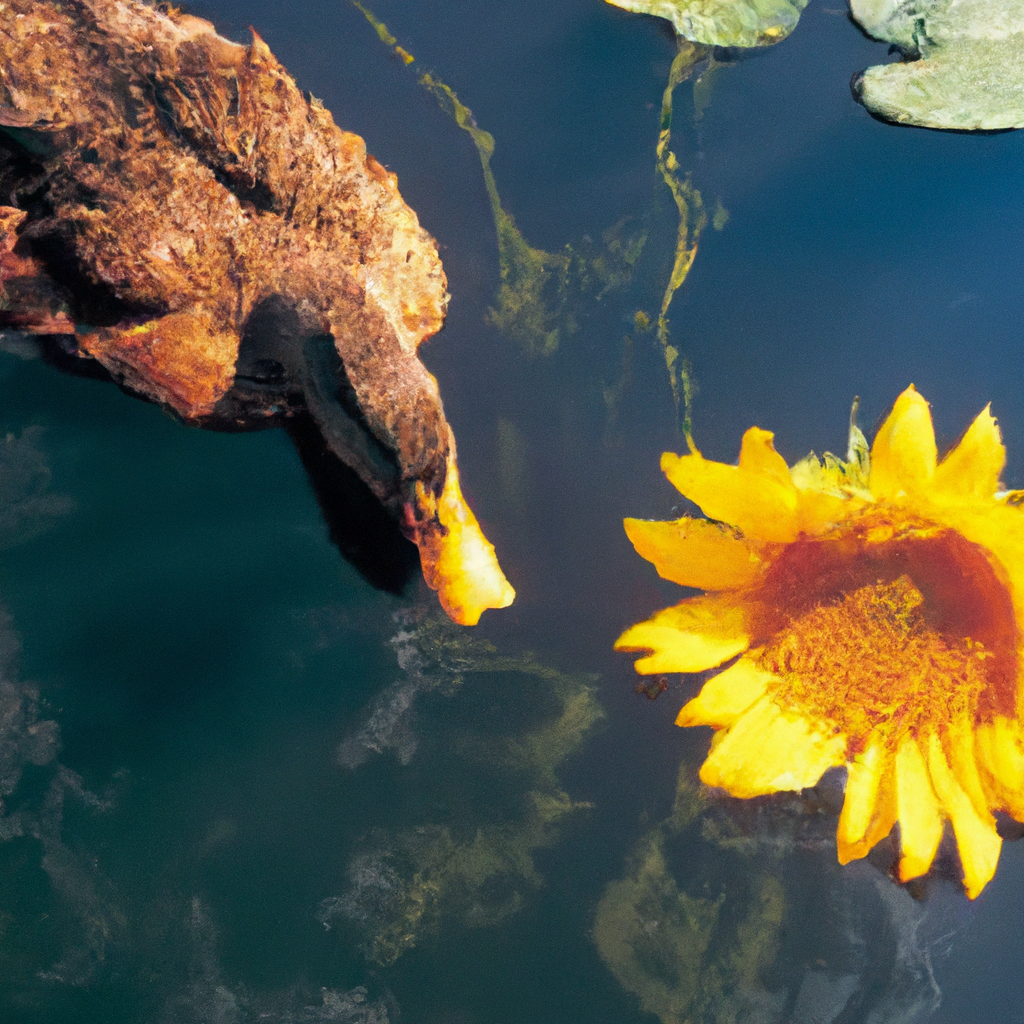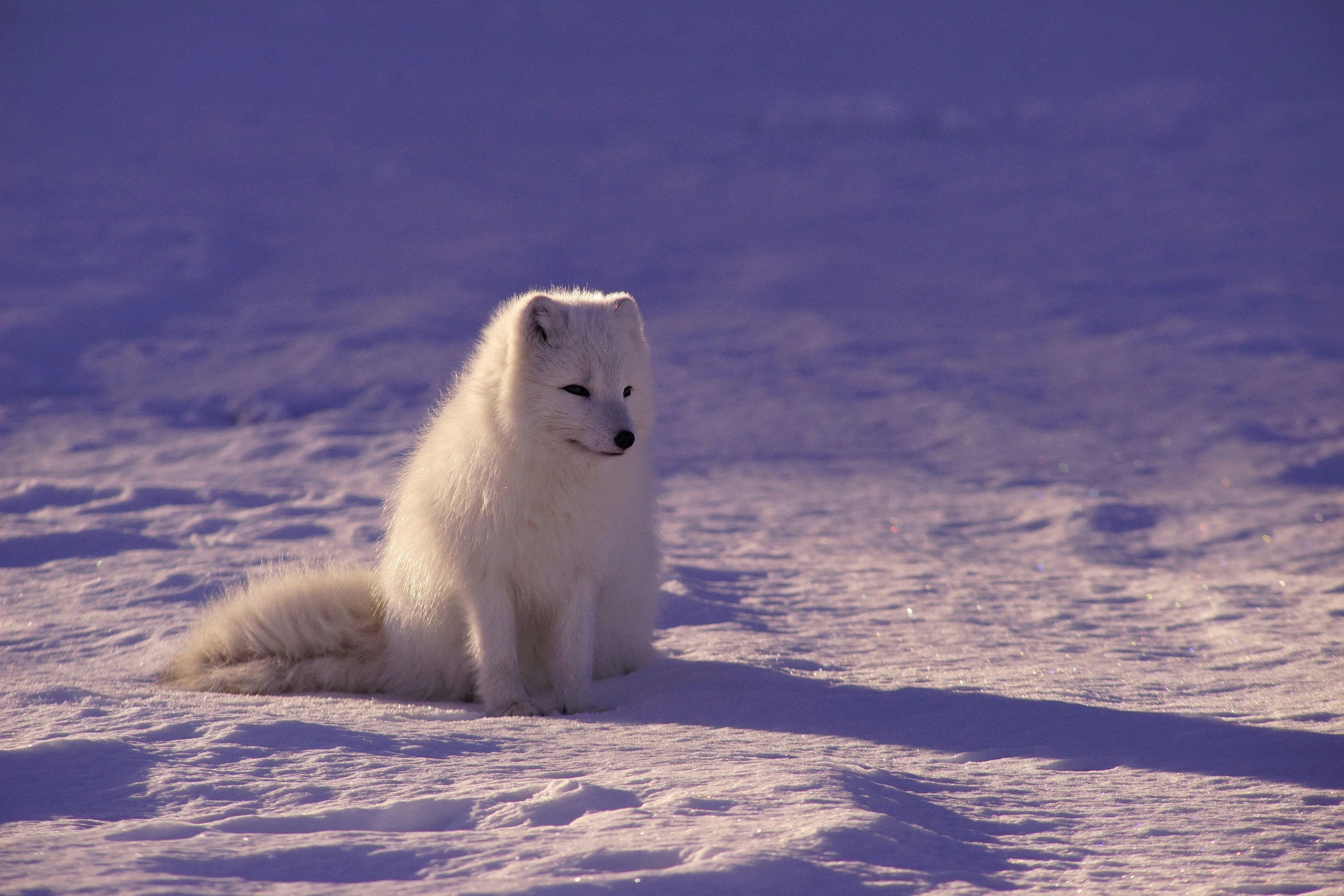In the realm of avian diets, the question of whether ducks can consume sunflower seeds is a common query. Sunflower seeds, known for their delectable taste and nutritional value, entice humans and animals alike. However, when it comes to feeding our feathery friends, caution must be exercised. This article examines the compatibility of sunflower seeds with a duck’s digestive system, exploring their potential benefits and risks. Understanding the intricacies of a duck’s dietary needs will guide us in making informed decisions about the nourishment of these graceful creatures.
Overview About Sunflower Seeds
Sunflower seeds are a popular snack among humans due to their pleasant taste and nutritional value. While these seeds can be a healthy addition to our diet, can they also be fed to ducks? In this article, we will explore the nutritional value of sunflower seeds, whether ducks can eat them, and the potential benefits and risks associated with feeding sunflower seeds to ducks.
Nutritional value of sunflower seeds
Sunflower seeds are packed with essential nutrients that are beneficial for overall health. They are a great source of protein, which is essential for muscle growth and repair. Additionally, sunflower seeds are rich in healthy fats, including omega-3 and omega-6 fatty acids, which are essential for maintaining heart health and supporting brain function. These seeds also contain important minerals such as magnesium, selenium, and phosphorus, which contribute to bone health and proper nerve function.
Can ducks eat sunflower seeds?
Yes, ducks can eat sunflower seeds, but it is important to consider certain factors before incorporating them into their diet. While sunflower seeds are generally safe for ducks to consume in moderation, it is crucial to control the quantity and frequency of feeding to ensure a balanced diet. Ducks should primarily rely on their natural diet, which consists of aquatic plants, insects, and small invertebrates.
Potential benefits for ducks
Feeding ducks sunflower seeds in moderation can provide certain benefits. The high protein content in sunflower seeds can contribute to the growth and maintenance of healthy feathers, which are vital for insulation and buoyancy in water. The healthy fats present in sunflower seeds can also help ducks maintain optimal energy levels, particularly during colder months. Moreover, the minerals found in sunflower seeds can support overall health, including the proper functioning of bones, muscles, and nerves.
Potential risks for ducks
While sunflower seeds can be beneficial for ducks, excessive consumption can lead to potential risks. The high fat content in sunflower seeds can result in weight gain and obesity in ducks if not balanced with regular exercise and a natural diet. Additionally, sunflower seeds should not be a substitute for a well-rounded diet, as this can lead to nutrient deficiencies. It is crucial to remember that feeding ducks should be done in moderation and with consideration of their natural dietary needs.
Feeding Sunflower Seeds to Ducks
Choosing the right type of sunflower seeds
Not all sunflower seeds are created equal, and when it comes to feeding ducks, it is important to choose the right type. Opt for unsalted, raw sunflower seeds rather than those that are roasted or seasoned. Roasted or seasoned sunflower seeds may contain additives such as salt and spices that can be harmful to ducks. It is also crucial to ensure that the sunflower seeds are fresh and free from any signs of spoilage or mold.
Preparing the sunflower seeds
Before feeding sunflower seeds to ducks, it is recommended to shell them. Ducklings, in particular, may have difficulty breaking open the shells and accessing the nutritious interior. Shelling the sunflower seeds also removes any potential choking hazard. You can either shell the sunflower seeds manually or purchase pre-shelled seeds from a trusted source. By preparing the sunflower seeds appropriately, you can ensure that ducks can easily consume them without any complications.
Feeding guidelines
When introducing sunflower seeds into a duck’s diet, it is essential to do so gradually. Start by offering a small amount of sunflower seeds and monitor the duck’s response. If the duck shows no signs of adverse effects, you can slowly increase the quantity. Keep in mind that sunflower seeds should be considered a treat or supplement to their natural diet, rather than a primary food source. Ducks should continue to have access to their usual food, such as aquatic plants, insects, and small invertebrates. Regularly monitor the duck’s weight and overall health to ensure that the sunflower seeds are being incorporated safely and appropriately.

This image is property of images.unsplash.com.
Alternative Feed Options for Ducks
Duck feed pellets
Duck feed pellets are specifically formulated to meet the nutritional needs of ducks. These pellets provide a balanced diet that incorporates essential nutrients, vitamins, and minerals. They are readily available at pet stores, farm supply centers, and online. Duck feed pellets are designed to float on water, which makes them suitable for ducks to consume while swimming. Incorporating duck feed pellets into a duck’s diet ensures that they receive the necessary nutrition to thrive.
Vegetables and fruits
In addition to their natural diet and supplemental treats like sunflower seeds, ducks can also benefit from consuming vegetables and fruits. Leafy greens such as lettuce, spinach, and kale are excellent sources of essential vitamins and minerals. Fruits like apples, grapes, and berries can provide antioxidants and additional nutrients. Before feeding vegetables and fruits to ducks, make sure to wash them thoroughly and cut them into small, manageable pieces. It is important to avoid feeding ducks toxic fruits and vegetables such as avocado, onion, and garlic.
Insects and worms
Another natural option to supplement a duck’s diet is to provide them with insects and worms. Ducks are natural foragers and enjoy hunting for small invertebrates. Worms, including mealworms and earthworms, are rich in protein and can be a valuable addition to their diet. However, it is essential to ensure that the insects and worms are purchased from reputable sources and are free from any pesticides or harmful substances. Providing ducks with the opportunity to forage for insects and worms can mimic their natural feeding behaviors, contributing to their overall well-being.
This image is property of images.unsplash.com.
Conclusion
In conclusion, sunflower seeds can be safely fed to ducks in moderation, considering their nutritional value and potential benefits. However, it is crucial to control the quantity and frequency of feeding to maintain a balanced diet. Feeding ducks should primarily consist of their natural diet, including aquatic plants, insects, and small invertebrates. Additionally, alternative feed options such as duck feed pellets, vegetables, fruits, and insects can be incorporated to ensure a well-rounded and nutritious diet for ducks. By following proper feeding guidelines and considering the potential risks and benefits, ducks can enjoy a healthy and varied diet that supports their overall health and well-being.


